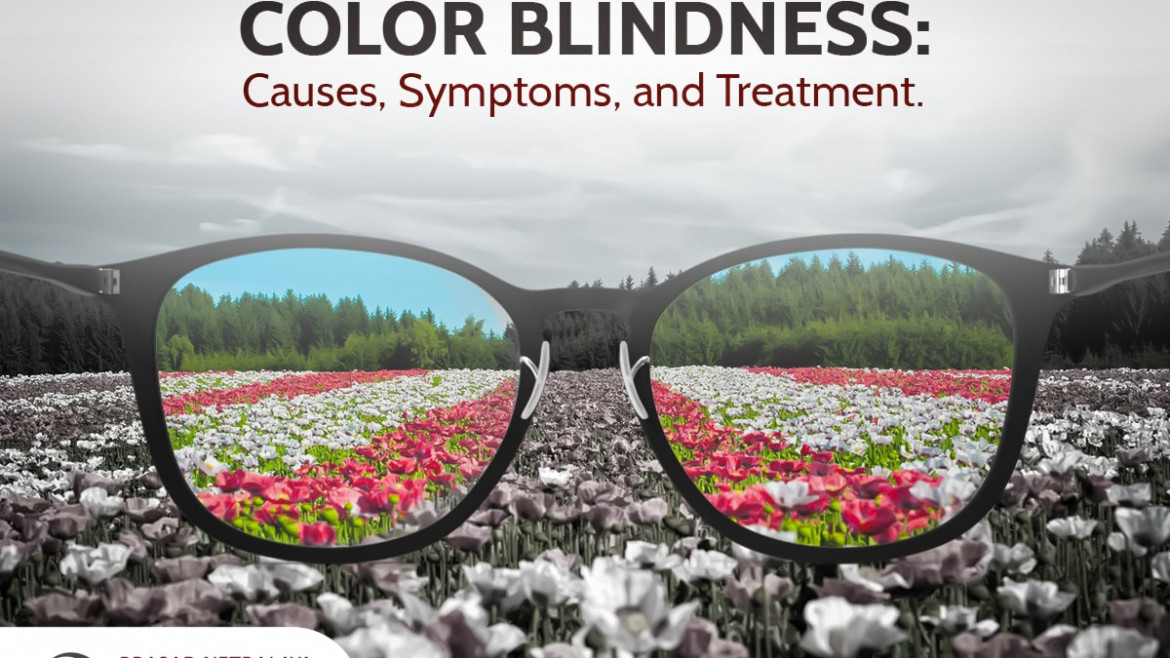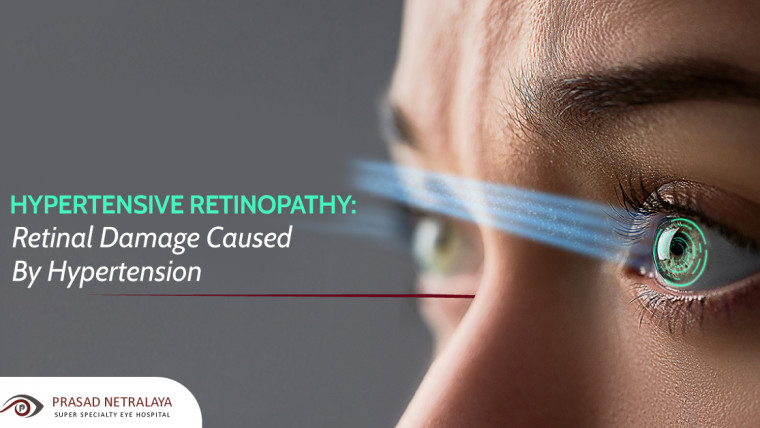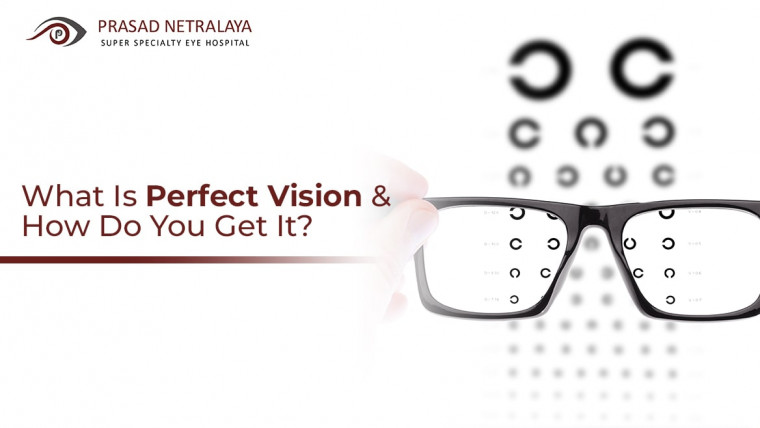Color blindness is often confused by many as a condition wherein a patient is unable to see colors at all. Now that’s not the truth. Don’t go by the name. Color blindness is not literally what it sounds like. Almost all people who are ‘color-blind’ can see colors but have a hard time differentiating between certain colors. Also, not all people suffering from this condition have trouble identifying the same colors. Some cannot differentiate between reds and greens, while some cannot isolate blue from yellows and so on.
Very few people suffer from a condition called Monochromatism, where the patient can only see black and white. Most color-blind people see the following colors instead of the reds, greens, and tells:
- Yellow
- Gray
- Beige
- Blue
If you are color blind, it means you see colors differently than most people. About 8% of men and less than 1% of women are affected by color blindness. Read on to know more about color blindness causes.
Table of Contents
Causes of Color Blindness
Genetic disorder: Inherited vision defects such as color deficiencies are much more common in males than in females.
Diseases: Color-blindness can also be caused by underlying diseases such as sickle cell anemia, diabetes, macular degeneration, Alzheimer’s disease, multiple sclerosis, glaucoma, Parkinson’s disease, chronic alcoholism, and leukemia. This affects one eye more than the other. Usually, with the treatment of the underlying disease, vision gets better.
Medications: Vision can go through tremendous change due to the intake of drugs that treat certain autoimmune diseases, heart problems, high blood pressure, erectile dysfunction, infections, nervous disorders, and psychological problems. Color blindness is a real possibility in such scenarios.
Aging: Your ability to distinguish between colors slowly deteriorates as you age.
Chemicals: Loss of color vision can also be caused due to long-term exposure to some chemicals such as carbon disulfide and fertilizers.
Injury: If an injury has caused damage to the optic nerve or parts of the brain that process color information, color-blindness is a real possibility.
Symptoms of Color Blindness
Not being able to see colors the way most people do, is the main symptom of color-blindness. If you’re color blind, you will have problems in identifying:
- The difference between colors
- How bright colors are
- Different shades of colors
Serious cases of color blindness can cause quick side-to-side movement of eyes or sensitivity to light.
Frequently Asked Questions
Is there a cure to color blindness?
Unfortunately no! There is no cure to color blindness passed down in families. However, most people find ways to tackle this condition without letting it affect their everyday lives. It’s important to know that color blindness is harmless and doesn’t cause serious health hazards.
If your color blindness is caused due to an underlying condition, your doctor will be able to treat the disease that’s causing color blindness. If medications are causing it, your doctor may adjust the medication or suggest alternatives to those medicines.
Technological advancements are helpful in doing day-to-day activities with this condition.
There are special glasses and contact lenses that can help people identify different colors.
Visual aids are used to help people live with color blindness.
Is color blindness hereditary?
Yes, color blindness is a common hereditary (inherited) condition which means it is usually passed down from your parents.
How common is colour blindness?
Colour blindness is one of the most common eye conditions that affects approximately 1 in 12 men (8%) and 1 in 200 women in the world.
What is a color blindness eye test?
Also known as a color vision test, this comprehensive eye exam measures your ability to perceive colors and distinguish them. This test is important to determine if you are color-blind.
If you or a member of your family is experiencing color blindness, reaching out to us will help. There may be options you can try to improve any challenges you encounter in your daily life. Consult an ophthalmologist at Prasad Netralaya 一 Mangalore and Udupi’s most trusted eye care hospital. Call us at +91 9513596565 or book an appointment, if you wish to visit in person. You can also book a teleconsultation.



